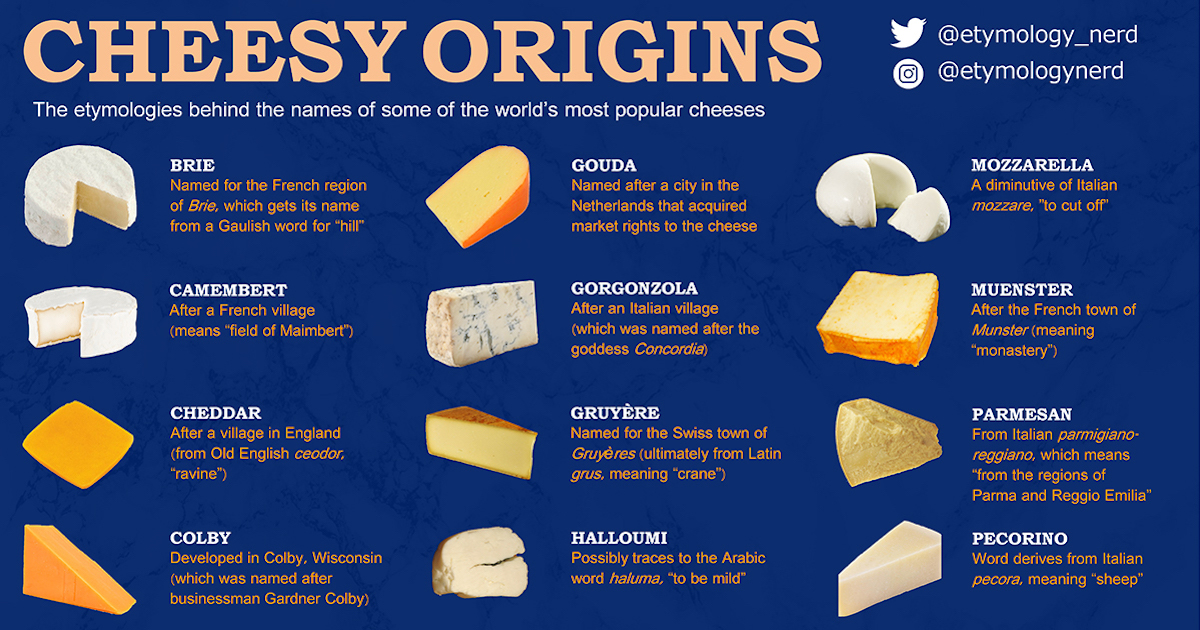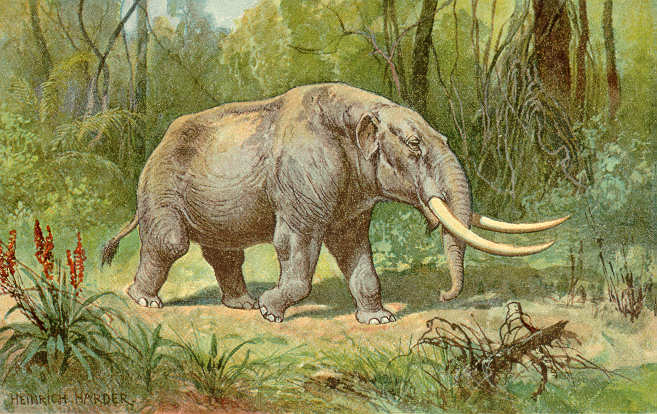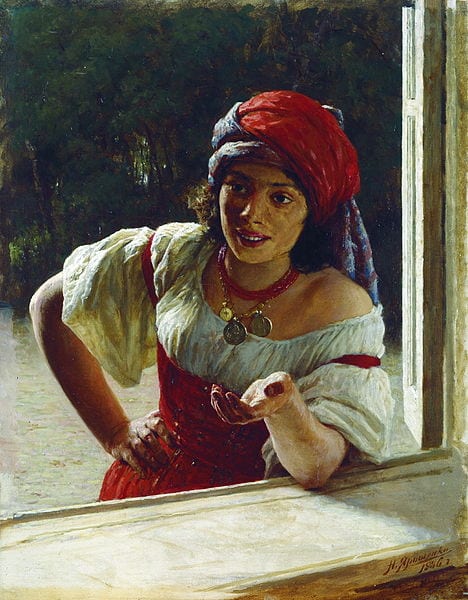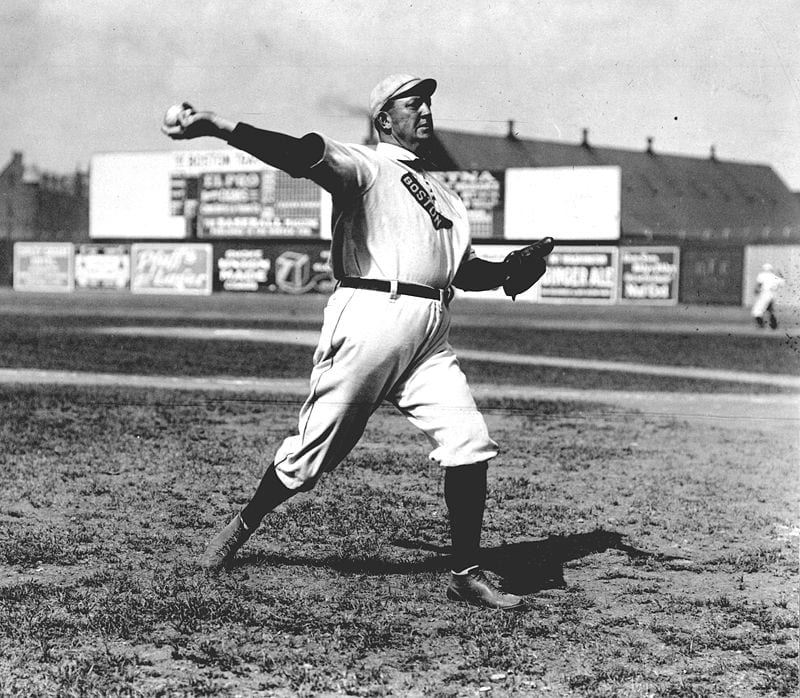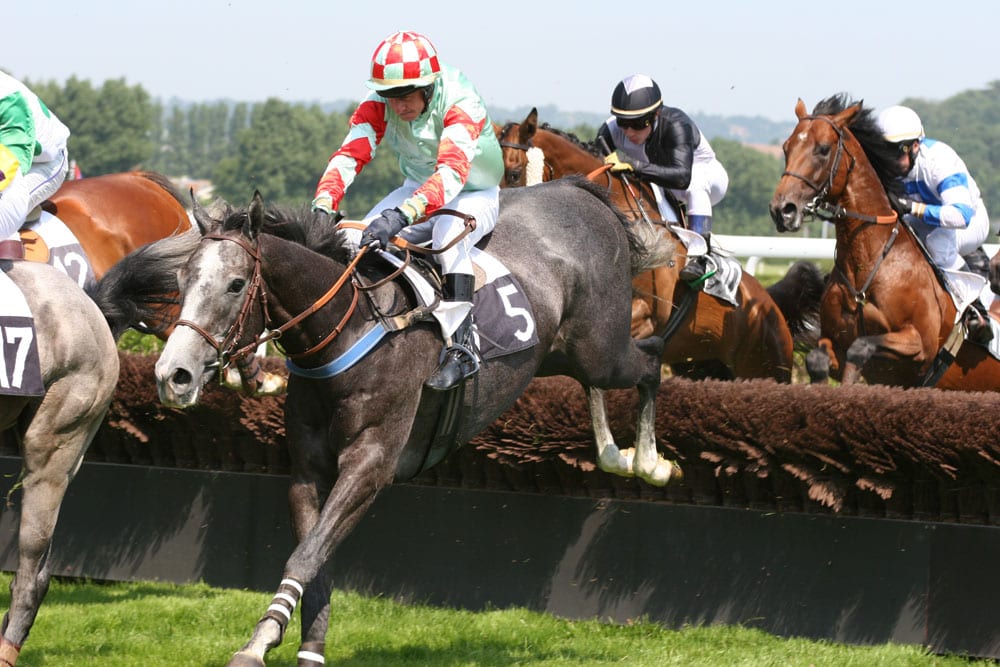English is an incredibly complicated language which pulls many of its words from other languages.
The subject of how words came to mean what they currently do is often a fascinating one.
The study of word origins is called etymology.
Redditor ocddoc asked:
“Etymologists of Reddit, what is the coolest origin of a word?”
Dashboard
“The dashboard is a board on the front of a horse carriage meant to keep mud from kicking up on the passengers when the horse dashes.”
“And over time it came to mean the front part of anything, even a computer interface is sometimes called a dashboard.” -Catsh*t-Dogfart
Ampersand
“Ampersand (&) used to be a letter in the English alphabet. It came after Z in the in alphabet.”
“In the alphabet song, after you finished with Z, kids would sing: ‘and per se and’ which is where the name ampersand comes from. ‘And per se and’ basically means ‘also and as itself’.” -ZES_4
“When I was little we had a blackboard that had the alphabet listed across the top, followed by an ampersand. So when we sang the alphabet song we ended with ‘z and ampersand.’ This would have been in the very late 50’s.” -marsglow
“Also the character itself is the Latin word “et” squished together into a ligature.” -eg_taco
“Similarly, the exclamation mark likely started as the word ‘io’, latin for joy, written at the end of sentences. It eventually shrank to i over o and the o became a dot. The question mark started as the latin ‘questio’ shortened to ‘qo’, then stacked, and the o shrinks to a dot.” -fade_is_timothy_holt
Barbarian
“The word ‘barbarian’ comes from an Ancient Greek word referring to all non-Greek speakers (including Egyptians, Phoenicians, etc.) This was because to the Greeks, all other languages sounded like people saying ‘bar bar bar’. This became the root for the word βάρβαρος (bárbaros), which roughly means ‘babble’ or ‘gibberish’.”
“It was later adopted by the Romans to refer to any culture that did not practice Greek or Roman traditions (even though Latin-speakers were technically classified as barbarians because they didn’t speak Greek). Due to good old xenophobia, it eventually came to mean ‘uncivilized’, and from there it made its way through the centuries into Middle English.” -Redditor
Our Ancestors Were All Scared Of Bears
“The word ‘bear’ in many languages in Europe (including English) just means ‘brown thing’. There used to be a proper name for bear, but it was taboo because saying it was believed to summon a bear, who would then kill everyone. It was so taboo it was eventually forgotten and the euphemism (brown thing) became the name.”
“Ancient people were scared pissless of bears.”
“The Arctic draws its root from arctus, greek for bear. So its the ‘land of bears’.”
“The Antarctic is thus, ‘the land without bears’.” -SolarDubstep
“In eastern slavic languages they were so scared that even the ‘brown thing’ became taboo. The world is still used as a part of ‘bear’s lair’ name, but the animal itself is named as ‘the-one-who-knows-where-is-honey’.” -ofedorov
“Man I’m from slovakia and my initial reaction was ‘what? Nah’ and then I realized it.”
“To clarify, Slovak word for bear is medved’. Med = honey, veď = know/to know”
“You blew my goddamn mind good sir” -heythatsmyarmyounut
Roger That
“Roger is just the modern English equivalent of the Old English and Old Norse name Hrothgar.”
“Additionally, Hrothgar means ‘famous spear’, and is the name of the Danish King in the medieval epic poem Beowulf.” -Redditor
Magnificent Melons
“Melon—not particularly interesting in itself, it came from Ancient Greek, through Latin, to Old French, before finding its way to English. All along the way it referred to various gourds. However, and this is the interesting bit, melons was slang for boobs in Greek, and it retained this slang definition as well as its ‘real’ definition all the way to English. Usually in etymology you keep one definition or the other, and never both, which makes it really interesting. Also boobies.” -KaiF1SCH
Five Elements
“The word ‘quintessential’ has one of my favorite etymologies.”
You can break it down into ‘quint and ‘essential.’ Quint as in ‘five.’ ‘Essential’ as in ‘essence,’ or ‘element.’ To be quintessential is to be the fifth element of something. To be the thing’s spirit.” -Sedu
“Multipass!” -GozerDGozerian
“So ‘The Fifth Element’ is a quintessential movie no matter what anybody says” -Fight_Milk92
“In Aristotelian cosmology ‘The fifth element’, after air, earth, water and fire, was believed to be the essence of everything. It was speculated that when things change they change into this fifth element and then change back to one of the other four elements or a combination of them. This way change becomes possible and the logical inconsistency of creating something out of nothing or vice versa becomes impossible (Parmenides).”
“The fifth element was also believed to be the essence of existence and the place of identity. As a result, essence of things remains unchanged when things undergo changes (Heraclitus). The concept was in fact a metaphysical ploy used by Aristotle to refute both Parmenides and Heraclitus at the same time!”
“Also the original Greek word was Pemptousia (pempto (fifth) + ousies (essence)). The word ‘quintessence’ is only a literal latinate form of the word. Also the word ‘aether’ was an adoption that came about around the sixteenth century and before that time was never used to refer to the Aristotelian fifth element.” -sepantaminu
Tawdry Origins
“The etymology of ‘tawdry’ is a real ride.”
“There was a 7th century Anglo-Saxon saint named Æthelthryth. Now, nobody, not even 7th century Anglo-Saxons, wants to go around trying to pronounce that dense forest of th’s, so she was commonly known as St. Etheldreda, and later, linguistically lazier people called her St. Audrey.”
“St. Audrey was the patron saint of a town called Ely, and the folks of Ely held a fair every year in her name. One of the primary products on offer at these fairs was lace. ‘St. Audrey’s lace’ was said a few too many times, and got slurred down to ‘tawdry lace.’”
“Over time, the lace fell out of favor. It was mainly made by peasant women, and thus viewed as cheap, and the Puritans looked down on lace garments of any kind as ostentatious. ‘Tawdry’ then began to be used to describe other things that were cheap and ostentatious, and the modern definition of the word was born.”
“tl;dr: ‘Tawdry’ comes from the fact that Æthelthryth is really hard to pronounce.” -Rromagar
Truly Terrifying
“Nightmare. The ‘mare’ part of the word ‘nightmare’ comes from Germanic folklore, in which a ‘mare’ is an evil female spirit or goblin that sits upon a sleeper’s chest, suffocating them and/or giving them bad dreams. So basically the word comes from a description of sleep paralysis.” -theonlydidymus
“In German ‘Albtraum’ reflects this folklore as well. ‘Alb’ being an older word for elf, so ‘elf-dream.’ The elf in this case being more like the goblin that sits on your chest rather than what we think of today as elves.” -Zganamne
Misunderstood Sarcasm Can Change Words
“Nimrod was originally a compliment referring to one’s hunting skills (Nimrod being a biblical figure known for his ability to hunt), but the definition changed because people didn’t understand Bugs Bunny was calling Elmer Fudd a Nimrod sarcastically.” -Seevian
“As far as I know that only happened in North America. Apparently ‘Nimrod’ is an insult there or something; to me it’s still a Biblical character.”
“Also the X-men had a very capable and dangerous adversary called ‘Nimrod’ in the 90s no doubt not referencing any incompetence but the biblical character.” -dat_heet_een_vulva
“It is stated Sarcastically, the opposite of the truth. ‘No sh*t, Sherlock’, is another one, when insulting someone’s deductive capabilities. Or ‘Great going, Einstein’ when insulting someone’s intelligence.” -Alis451
“I’d say only a small fraction of people use Nimrod in the same sarcastic way that Bugs Bunny did. For majority of kids who grew up hearing Bigs call Elmer Nimrod, and didn’t understand the reference, nimrod became synonymous with idiot.” -kermi42
English is often jokingly referred to as 3 languages stacked on top of each other in a trench coat, and it’s easy to see why when looking at the origins of its words.
